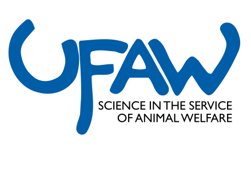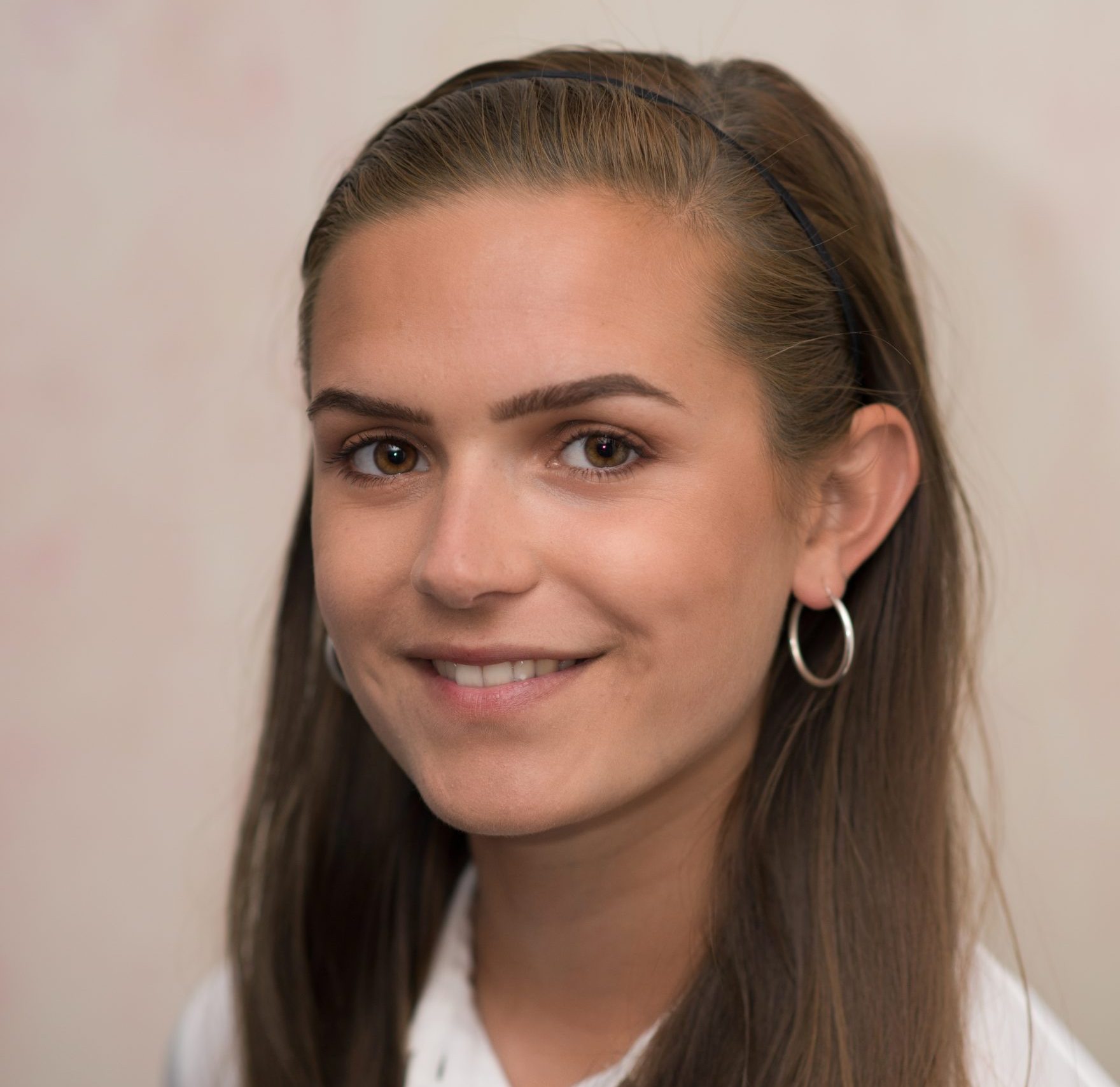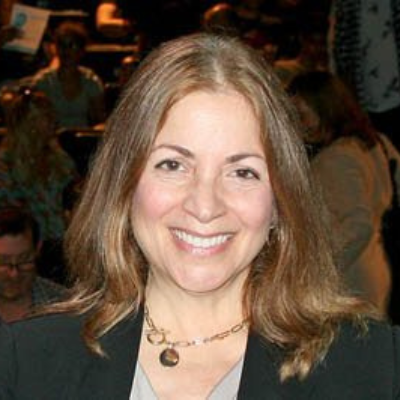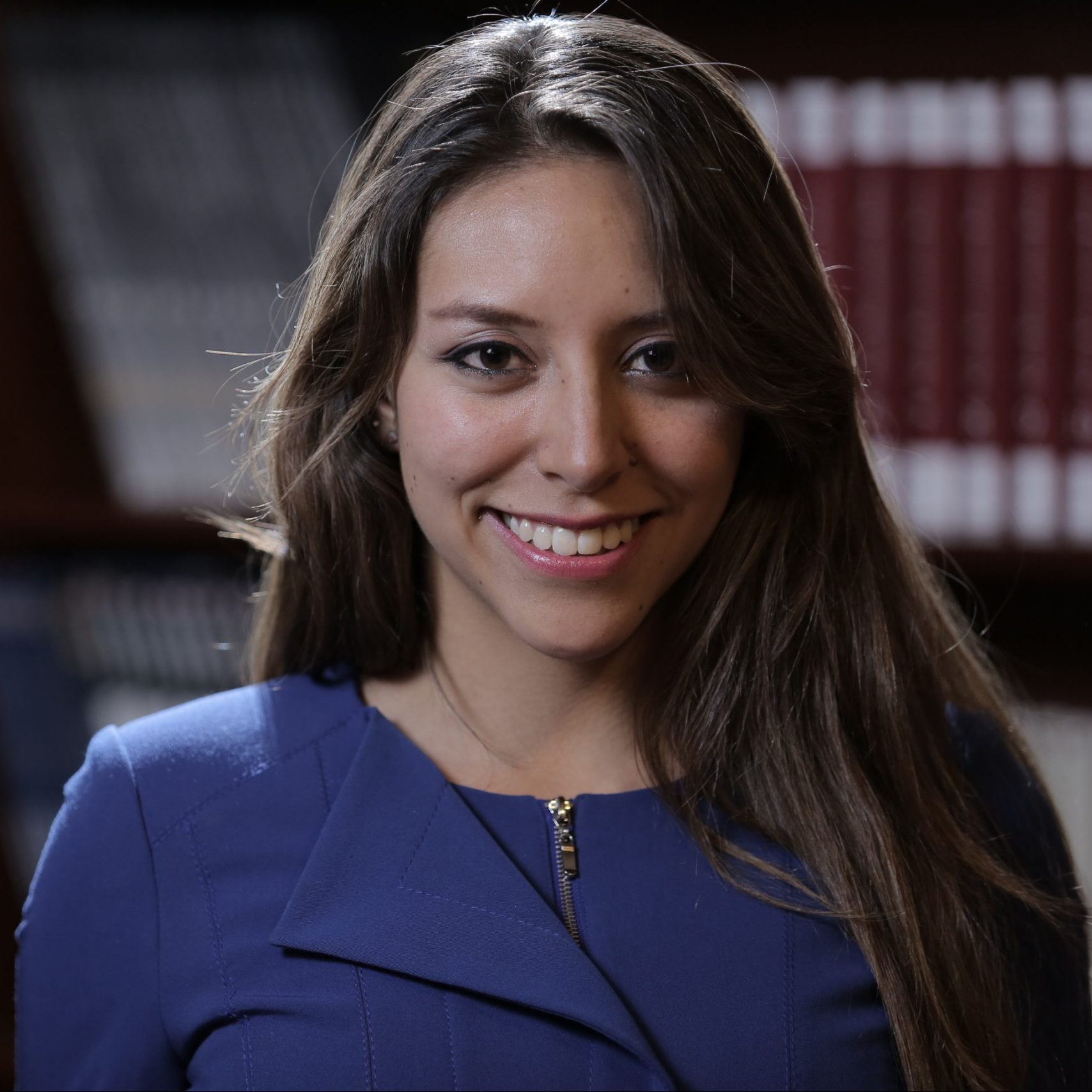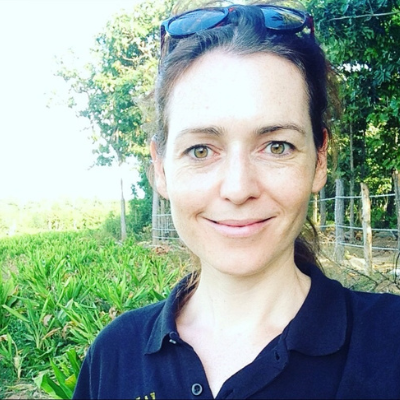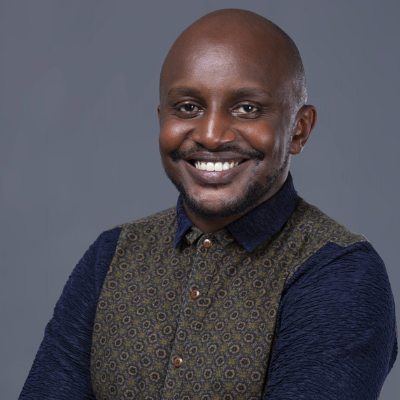Two hundred years of animal protection legislation
This year is the bicentenary anniversary of Martin’s Act 1822, Britain’s first animal protection law.
Join animal advocates across the world marking the world’s first national animal protection legislation as we look at what we have achieved, and ask where do we go from here to strengthen animal law?

A landmark year in British history
In 1822 Parliament passed the first legislation protecting animals from deliberate acts of cruelty. It was the first law in the United Kingdom to protect animals and one of the earliest in the world. The statute became known as Martin’s Act after it’s sponsor, Richard Martin MP. While it only protected a limited number of species from certain types of abuse, it was the first time that legislation had been passed with the interests of animals as it’s heart. This act of Parliament was to the first of many animal welfare laws that would cement Britain’s reputation as one of the world leaders in animal welfare.
Who was Richard Martin MP?
The Member of Parliament who introduced the legislation was the MP for Galway. Richard Martin bravely advocated for animals in Parliament, making a number of attempts to improve the lot of animals, as he attempted to prohibit bull baiting and dog fighting. As a result of his efforts, he endured ridicule from his peers, who thought animal protection unworthy a subject of Parliament’s attention. Martin’s efforts did not stop at Parliament. He ensured the law didn’t sit on the statute books unused, by actually bringing the earliest prosecutions himself. He was also an instrumental figure in the foundation of the Society for the Prevention of Cruelty to Animals (SPCA), the forerunner of the modern day, RSPCA.
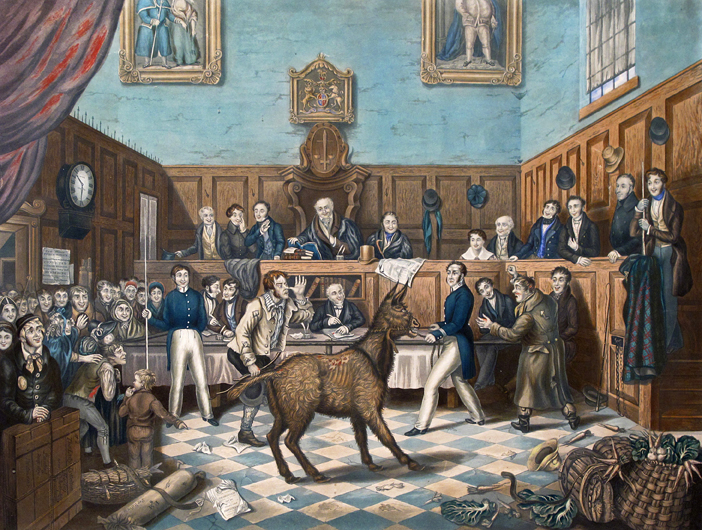
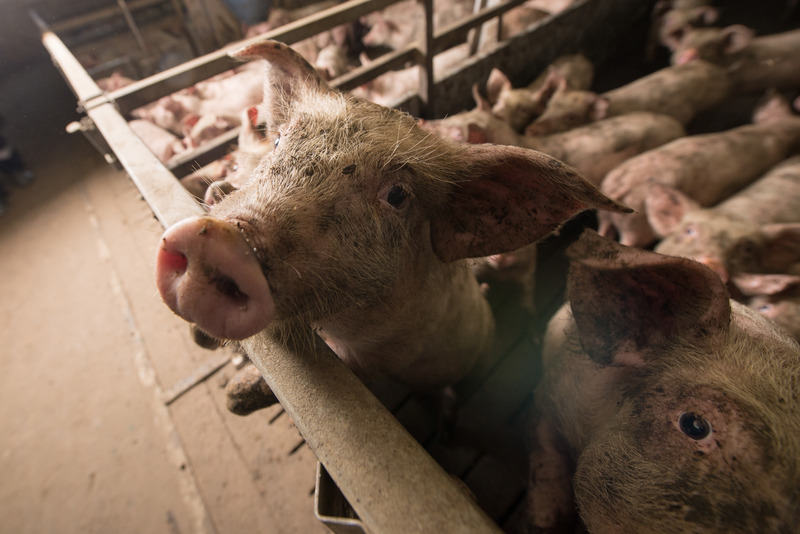
Continuing to strive for better laws to protect animals
While we celebrate this landmark anniversary, we cannot afford complacency, as we face mass extinction of species alongside billions of animal lives compromised by suffering in intensive agriculture systems and laboratories around the world. We must continue what Martin started two hundred years ago. We must ensure that laws protecting animals are robust and that national and international systems of governance have mechanisms to ensure that animal welfare is taken into account in the law making process. We must also strive for existing laws to be properly implemented and enforced with adequate penalties when those laws are violated.
HOW WE ARE MARKING THIS ANNIVERSARY
YOUNG VOICES
Over the year, we will be posting blog articles, poems and stories from young people, who want to share their vision of the future for animals.
ANIMAL LAW CONFERENCE
We will be hearing from leading scientists, lawyers and advocates. Join us in shaping the vision of animal law for the future.
ART FOR ANIMALS
Visit our ART FOR ANIMALS page, showcasing artists who are using their skills to raise funds for animal causes or as animal activisim.
ANNIVERSARY CELEBRATIONS
We will be keeping you up to date with activities, events and other initiatives marking this anniversary and much more.

The Culture & Animals Foundation is kindly sponsoring the Tom Regan lecture.
Learn more about how they are making this important anniversary.
CAF’s mission is to advance animal advocacy and the intrinsic rights of our nonhuman fellow creatures by supporting artists and scholars whose work demonstrates a strong commitment to this aim.
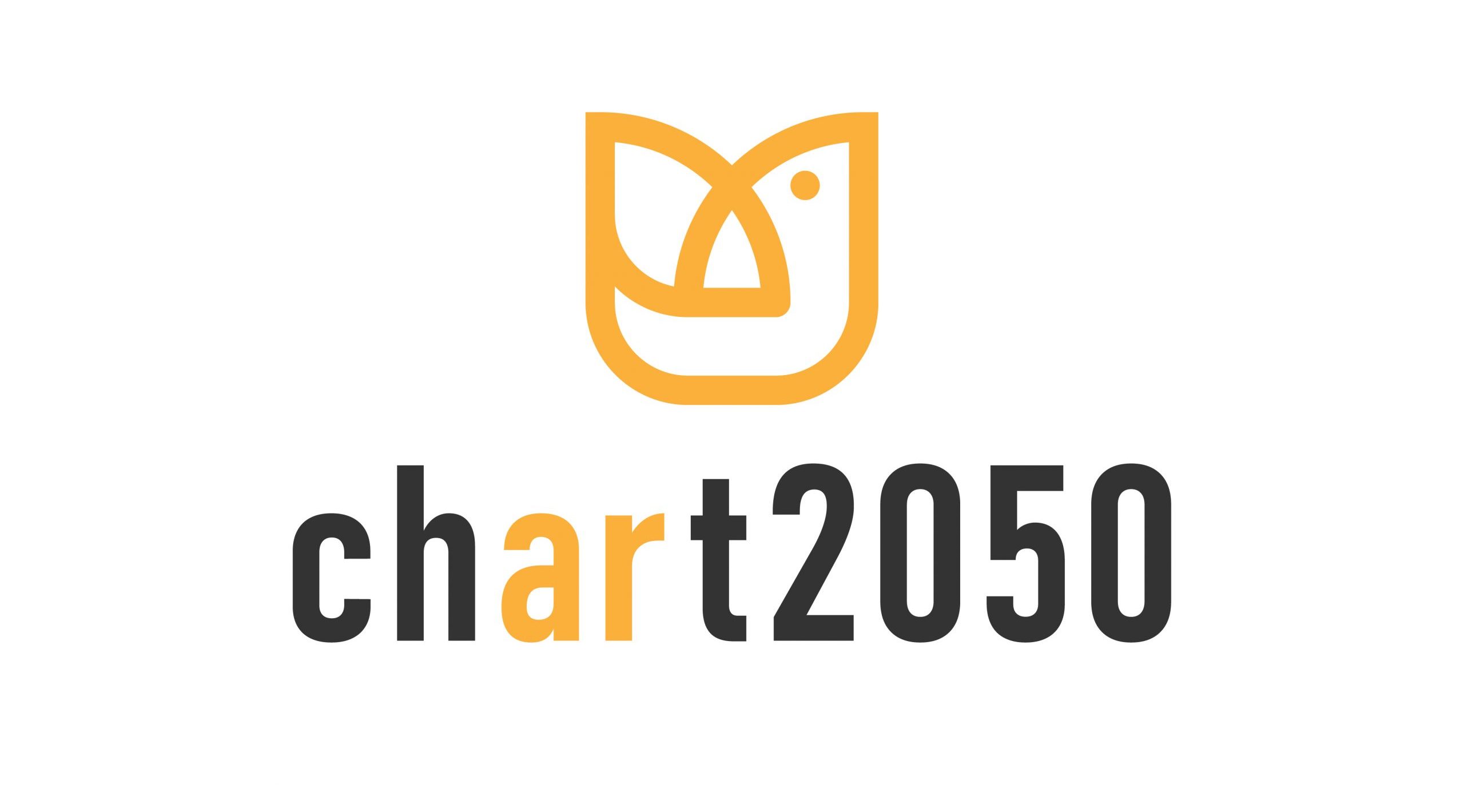
The Culture and Animals Foundation is also sponsoring Chart2050: Martin’s Act at 200:
Exploring the past, present, and future of the animal protection movement.
Visit the website that has been set up to support this MARTIN’S ACT 200 audio documentary.
Global Animal Law Conference, online | 18-22 July 2022
Join our panel of distinguished speakers from across the globe, who will be coming together on this special occasion to share their vision for the future of animal law.
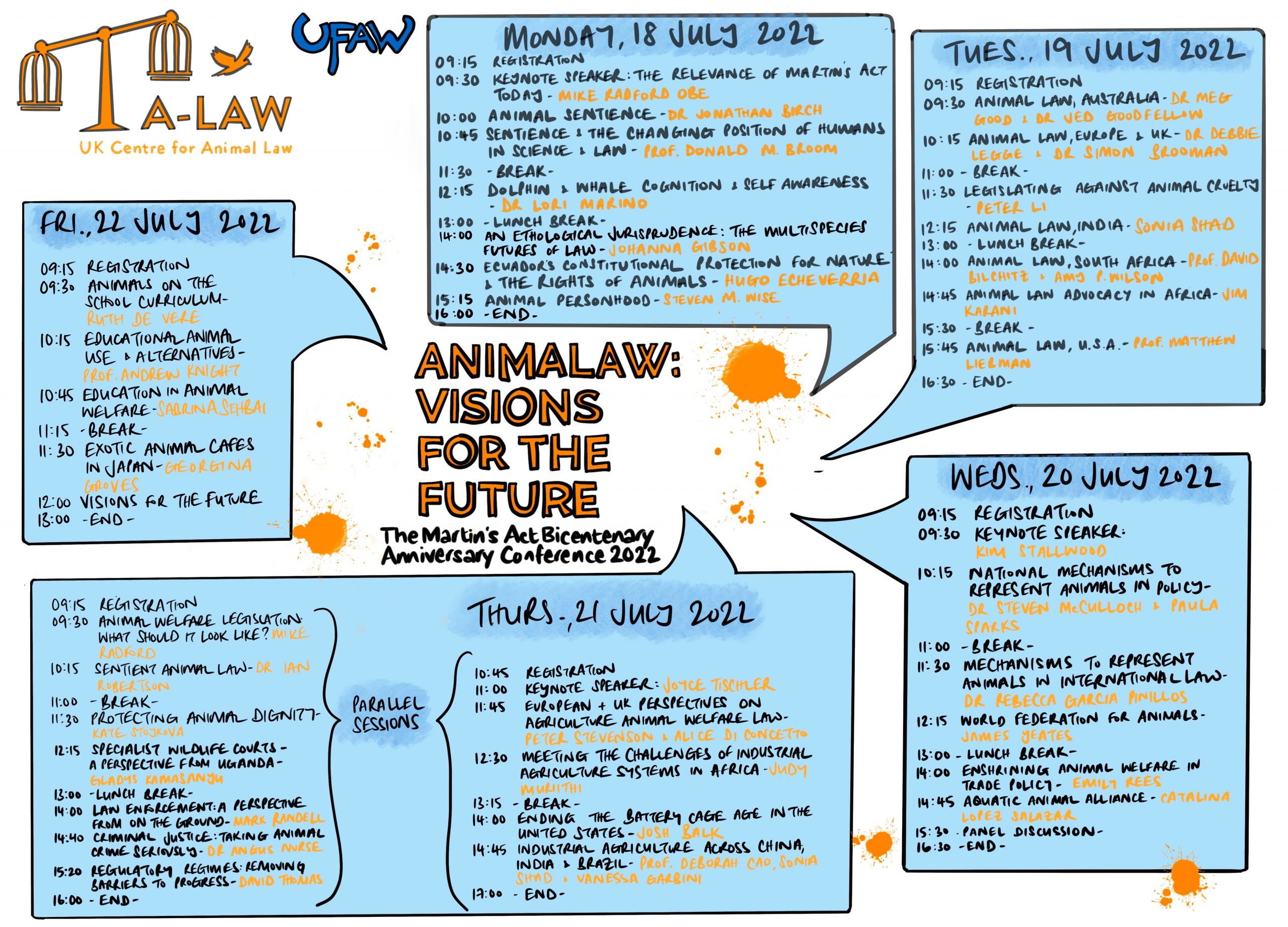
LEARN ABOUT OUR SPEAKERS
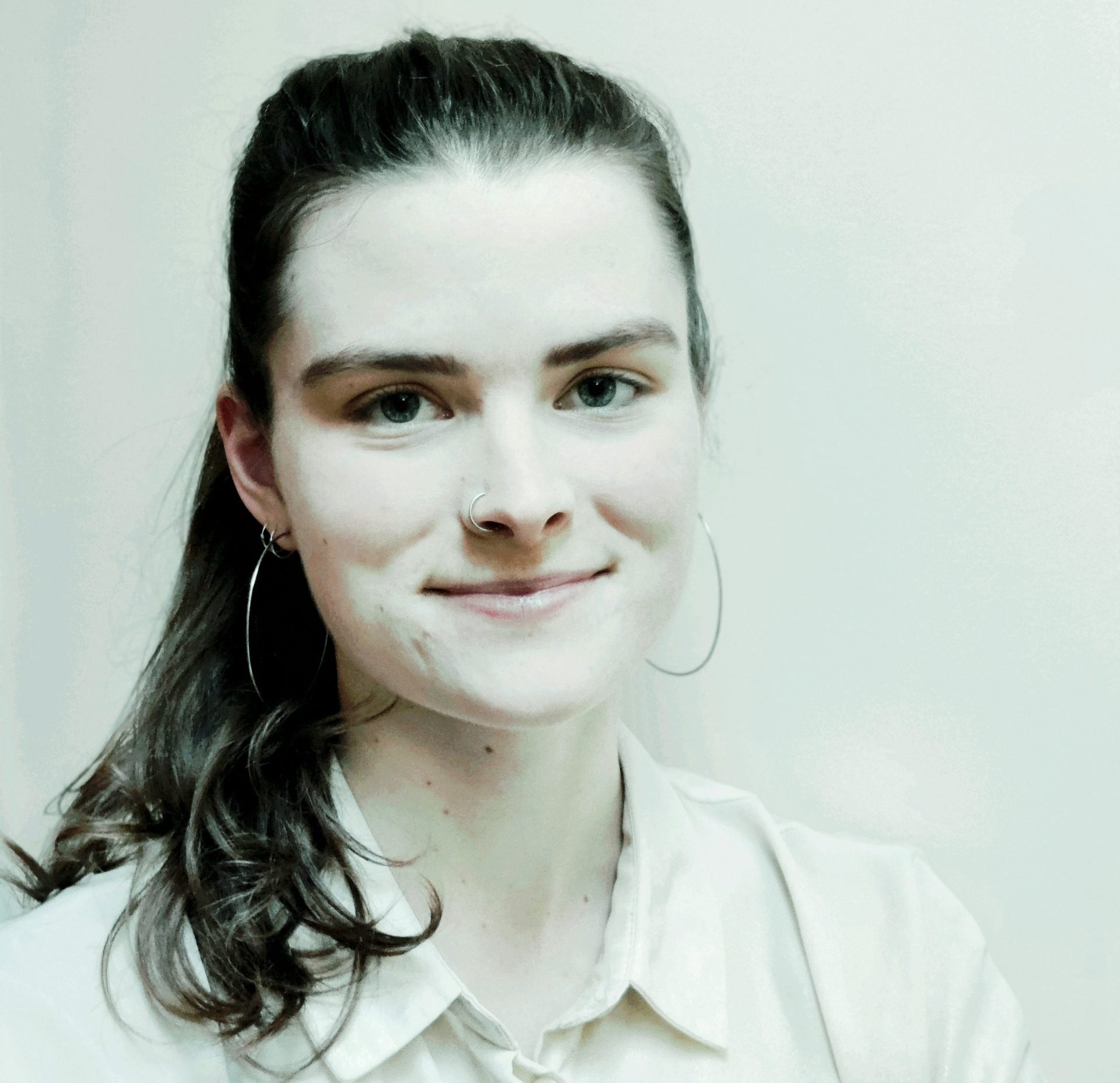
Gretta Dattan, law graduate (University College Dublin).
Nikita Dhawan, Founder of Youth for Animals
Kate Gilman Williams, Founder of Kids Can Save Animals
Kate is the 12-year-old Founder and CEO of Kids Can Save Animals, an online platform to engage her generation to advocate for endangered animals. Kate is the first Youth Ambassador for Born Free USA, Founder of Club 15 from Microsoft and is the youngest author in history to launch a global title that is 100% philanthropic. Her book, “Let’s Go On Safari,” supports: The Jane Goodall Institute, The Sheldrick Wildlife Trust and Re:wild.
Imogen Meston, law graduate (Bristol University)
Imogen is a recent law graduate from the University of Bristol, animal rights advocate and campaigner. She wrote her dissertation on the effect of the legal recognition of animal sentience on farmed animal welfare. Following completion, Imogen wrote a blog piece on her conclusions that has been published by Surge Activism.Since campaigning about ethical veganism across the UK with Viva!, Imogen has run her own campaigns across university campus on behalf of Surge Activism. She has also volunteered with The Humane League as part of an ongoing campaign for corporate change against the continued use of FrankenChickens. Having volunteered as a researcher and Student Ambassador for A-LAW, Imogen is interested in combining her legal knowledge and campaigning skills, to create changes in law and corporate policy that reflect a modern understanding of the sentient capacity and complex needs of animals and marine species.

Steven Wise, President of the Nonhuman Rights Project, USA
Steven M. Wise began his mission to gain rights for nonhuman animals in
1985. He holds a J.D. from Boston University Law School and a B.S. in chemistry from the College of William and Mary. He has practiced animal protection law for four decades and is admitted to the Massachusetts Bar. Professor Wise taught the first class in “Animal Rights Law” at the Harvard Law School and has taught “Animal Rights Jurisprudence” at the Stanford Law School, as well as the University of Miami, St. Thomas, and John Marshall Law Schools, and is currently teaching “Animal Rights Jurisprudence” at the Lewis and Clark Law School and Vermont Law School. He is the
author of four books: Rattling the Cage – Toward Legal Rights for Animals; Drawing the Line – Science and the Case for Animal Rights; Though the Heavens May Fall – The Landmark Trial That Led to the End of Human Slavery; and An American Trilogy – Death, Slavery, and Dominion Along the Banks of the Cape Fear River. His TED
TALK from the TED2015 Conference in Vancouver, Canada was released in May of
2015 and has over one million views.
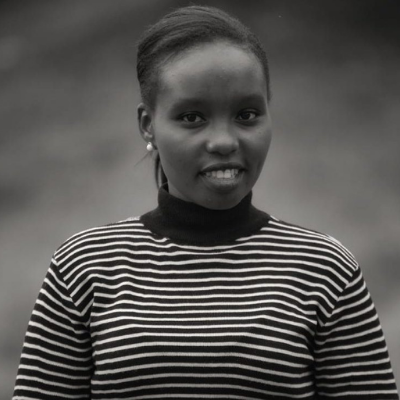
Judy Muriithi, Environmental & Social Justice Attorney, Kenya
Judy Muriithi is a qualified Environmental & Social Justice Attorney with an Animal LL.M from Northwestern Lewis & Clark Law School with skills that are transferable across any industrial. She is passionate about the environment and animals. For over 6 years, she has diligently worked in various legal capacities in social impact realm Organisations on policy issues. Her career has spanned across ground breaking legal advocacy projects and programs, project management, administration and operations management, leading change and organizational growth through strategic planning in line with organisational mission, values and objectives.

Professor Joyce Tischler, USA
Joyce Tischler is Professor of Practice in Animal Law at the Center for Animal Law Studies at Lewis & Clark Law School, Portland, Oregon, U.S. She teaches Industrial Animal Agriculture Law and Policy and the Fundamentals of Animal Law (survey course). She co-authored Animal Law: New Perspectives on Teaching Traditional Law, and is now co-authoring a casebook on industrial animal agriculture law in the U.S.

Professor Andrew Knight, University of Winchester, UK
Andrew Knight is a European, American, New Zealand and RCVS-recognised Veterinary Specialist in animal welfare. He is Professor of Animal Welfare and Ethics, and Founding Director of the Centre for Animal Welfare, at the University of Winchester, where he created and leads a very popular distance-learning MSc in Animal Welfare Science, Ethics and Law. He has numerous academic and popular publications and a series of YouTube videos on animal issues. These include an extensive series examining the contributions to human healthcare, veterinary and other education, of invasive procedures on animals, which formed the basis for his 2010 PhD and his subsequent book, The Costs and Benefits of Animal Experiments. Other publications cover vegan companion animal diets, climate change and the livestock sector, and other animal welfare issues. He regularly works with charities to advocate for animals, and is frequently interviewed by the media. He has received over 20 awards and research grants for this work.
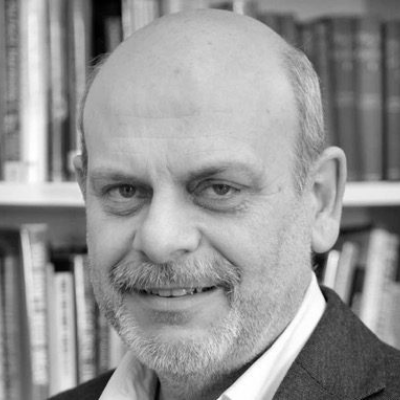
Kim Stallwood, Advocate for animals, author, scholar, and consultant
Kim Stallwood is an animal rights advocate and theorist, who is an author, independent scholar, consultant, and speaker. He has more than 45 years of personal commitment as a vegan and professional experience in leadership positions with some of the world’s foremost animal advocacy organisations. He is a consultant with Tier im Recht, the Zurich-based animal law organization, on projects preserving the history of the animal rights movement. He is a member of the board of directors of the Culture and Animals Foundation. His book, Growl, is published by Lantern and he is a contributor to various anthologies. A vegetarian since 1974 after working in a chicken slaughterhouse, he became a vegan in 1976. He holds dual citizenship in the UK and USA.
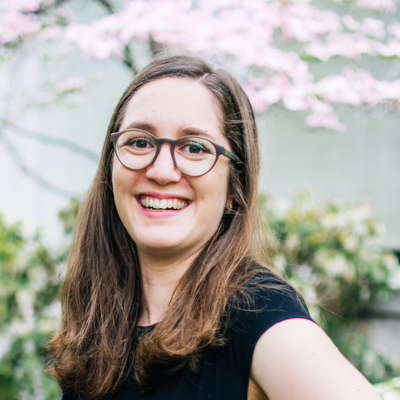
Alice Di Concetto, Animal Law Europe
Alice Di Concetto is a lecturer in European animal law at the Sorbonne Law School. She additionally founded the European Institute for Animal Law & Policy, where she serves as a consultant in European animal law & policy to major EU-based animal protection nonprofits and public administrations.
Over the past two years, working in public affairs, Alice has achieved the inclusion of additional provisions in favor of farm animal welfare in the EU’s agricultural policy. Her efforts as an animal law specialist have also contributed to the creation of a European animal welfare label on animal source food products sold in the EU, as part of the EU Green Deal.
Prior to her arrival in Brussels, Alice completed a two-year appointment as a fellow in the Animal Law & Policy Program at Harvard Law School. Her research at Harvard focused on the U.S. Farm Bill’s impacts on animal welfare, and she completed additional research on the legal status of animals in comparative constitutional law.
Her publication record includes several law review articles in legal journals, including the French Review of Animal Law and the International Economic Law Review.
Alice earned a master’s degree in Animal Law (LL.M, 2016) from Lewis & Clark Law School (Portland, OR), for which she obtained a Fulbright grant. She graduated from Sciences Po Law School in Paris.
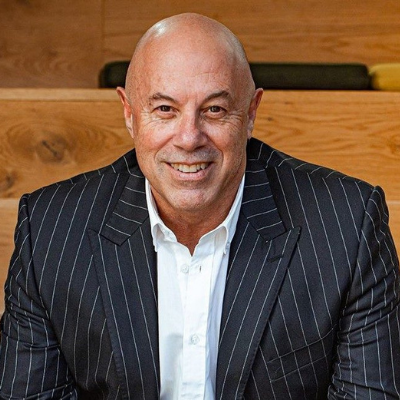
Dr Ian Robertson, Sentient Animal Law, Australia
Ian Robertson is the unusual career combination of veterinarian turned lawyer. He combined those careers working as a Prosecutor in New Zealand, Statewide Specialist in Australia, and now works as a Barrister in New Zealand and overseas advising, litigating, teaching and publishing on the subject of animal law. He is the Principal of Guardianz Animal Law and Co-founder of the Sentient Animal Law Foundation.
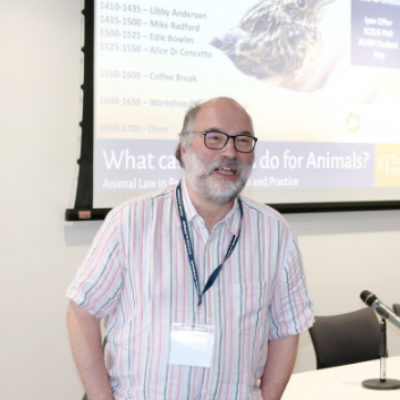
Mike Radford OBE, Aberdeen University, UK
Mike Radford is a Reader in Law at the University of Aberdeen. He has taught and lectured on animal law widely, in addition to working extensively on the development of animal welfare law and policy with politicians, officials, veterinarians, NGOs, and other interested parties. Mike is presently a trustee of Dogs Trust, the Universities Federation for Animal Welfare, and OneKind; a member of the All Party Group on Animal Welfare; and a visiting lecturer at both Edinburgh and Glasgow Vet Schools. He was a founder member of both A-law and the Animal Welfare Science, Ethics and Law Veterinary Association. Mike was appointed OBE in 2008 for services to animal welfare law.

Amy P. Wilson, Animal Law Reform, South Africa
Amy P. Wilson (BCom, LLB, LLM), is the Executive Director of Animal Law Reform South Africa and a Research Associate with the University of Johannesburg. She is the first South African attorney to graduate with an LLM degree in Animal Law. Amy has over a decade of legal experience and her research focuses on the intersection of the rights of animals, humans and nature in law and policy. She is an independent expert with the United Nations in Harmony with Nature Programme and holds several leadership positions in non profits throughout Africa. Amy previously worked as the Aquatic Animal Law Initiative Fellow at Lewis & Clark Law School and the Brooks Institute for Animal Rights Law and Policy Fellow at UCLA School of Law, USA. Amy is currently co-teaching the first South African course on animal law and co-editing a book on Animal Law in South Africa.

Peter Stevenson OBE, Compassion in World Farming
Peter Stevenson is Chief Policy Advisor of Compassion in World Farming and is a qualified solicitor. He received an OBE in October 2020 for “services to farm animal welfare”. He studied economics and law at Trinity College, University of Cambridge. He played a leading role in winning the EU bans on veal crates, battery cages and sow stalls as well as a new status for animals in EU law as sentient beings.
Peter has written comprehensive legal analyses of EU legislation on farm animals and of the impact of the WTO rules on animal welfare. Peter is lead author of the FAO study reviewing animal welfare legislation in the beef, pork and poultry industries. He gave a paper in 2018 on the role of livestock in driving climate change at the Tenth International Conference on Climate Change. He also gave the keynote paper on pig welfare at the 2018 Congress in China of the International Pig Veterinary Society. He has written well-received reports on the economics of livestock production and on the detrimental impact of industrial farming on human health, biodiversity loss, deforestation, soils and water.
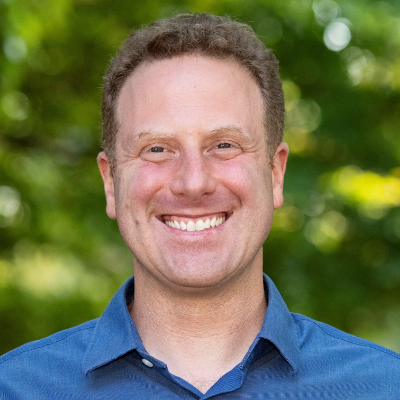
John Balk, Humane Society of the United States
Josh Balk is the vice president of farm animal protection for the Humane Society of the United States (HSUS). In addition, he is a cofounder of Eat Just, a food technology company that’s behind the Just Egg and Good Meat, the first ever cultivated meat produced and sold in history. Prior to working with HSUS and founding Eat Just, he was known for his work at Animal Outlook (formerly Compassion Over Killing), where he conducted undercover investigations. Balk is more recently best known for leading ballot measures and winning successful legislative campaigns for farm animals, including passing laws in California, Oregon, Washington, Michigan, Colorado, Nevada, Utah, and Massachusetts. He’s also led successful campaigns against food companies—such as McDonald’s, Burger King, IHOP, Kraft Heinz, Kroger, and more—to enact animal welfare policies that include eliminating gestation crates for breeding pigs and cages for egg-laying chickens. He is also known for his work with the food service industry to shift its focus onto plant-based foods.
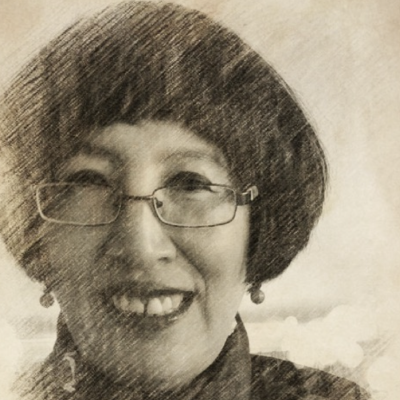
Dr Deborah Cao, Professor at Griffith University, Australia
Deborah Cao is a professor at Griffith University, Australia. She writes about animal law and animal ethics and welfare in China and Chinese legal language and culture. She has also been active in social media in China and writes about Chinese culture, society and animals, and was named one of the 200 most influential bloggers in China in 2012. Her books include Chinese Law: A Language Perspective (2004), Animals are not Things: Animal Law in the West (2007 in Chinese), Translating Law (2007), Animal Law in Australia and New Zealand (2010), While the Dog Gently Weeps (2012, in Chinese), Animal Law in Australia (2015), Animals in China: Law and Society (2015), and Chinese Language in Law: Code Red (2018), Have You Ever Thought About the Pig’s Feelings?: Farm Animal Welfare Law and Regulation in China and Beyond (forthcoming, in Chinese). Her recent edited books are Animal Law and Welfare: International Perspectives (2016) and Scientific Perspectives to Farm Animal Welfare (2018, in Chinese).
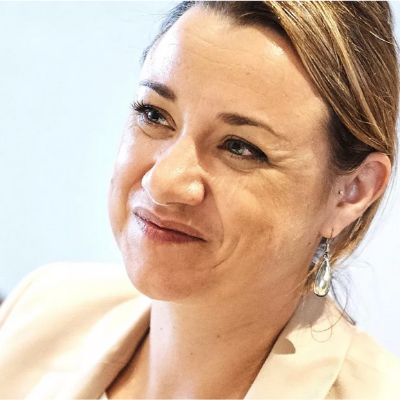
Emily Rees, Founder and Managing Director, Trade Strategies, UK
Emily Rees is an international trade policy expert and founder of Trade Strategies. An economist by training, Ms Rees’ expertise lies at the intersection of trade, agriculture and climate change. Her areas of interest include sanitary and phytosanitary measures and ’new generation’ trade issues including environmental food standards, animal welfare, and values in trade policy.
A Franco-British national, Emily comes from an extensive career in EU affairs, trade policy and economic diplomacy, having served as Deputy Trade Attaché of France in Brasília and having led Brazil’s trade and investment agency relations with the European Union. Emily is also a Senior Fellow at the European Centre for International Political Economy in Brussels, where she leads the EU-Mercosur project, a comprehensive programme to bridge trade relations between Europe and Latin America.
A regular guest lecturer in trade, diplomacy and the European Union, her analyses are regularly featured in international media, including BBC World Service, Financial Times, Politico, The Economist, Sky News, Estado de São Paulo and Valor Econômico.
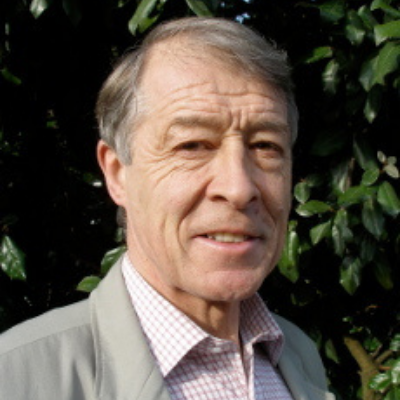
Professor Donald Broom, Cambridge University, UK
Donald M. Broom is Emeritus Professor of Animal Welfare, Cambridge University, Department of Veterinary Medicine and St Catharine’s College. He graduated in Cambridge in 1964, gained his Ph.D. in animal behaviour in 1967 and taught at Reading University until 1986, when he moved back to Cambridge as the first Professor of Animal Welfare in the world. His research is on scientific assessment of animal welfare, cognitive abilities of animals, ethics and sustainable farming. He was Chairman or Vice Chairman of EU Scientific Committees on Animal Welfare 1990 – 2012 and has published 380 refereed papers and 12 books including: Stress and Animal Welfare (Broom, Johnson 2nd edn 2019, Springer), The Evolution of Morality and Religion (Broom 2003, CUP), Sentience and Animal Welfare (2014, CABI), Animal Welfare in the European Union (Broom 2017, European Parliament), Tourism and Animal Welfare (Carr, Broom 2018, CABI) and Broom and Fraser’s Domestic Animal Behaviour and Welfare, 6th edition (Broom 2022, CABI).
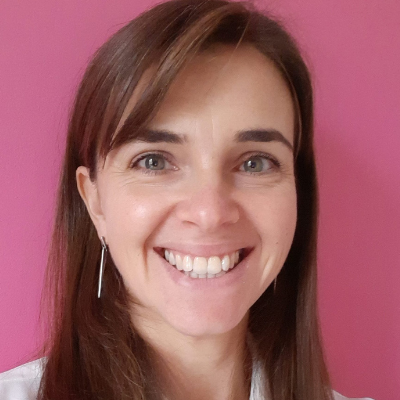
Ruth De Vere, Head of Academy, Battersea Dogs and Cats Home, UK
Ruth De Vere previously worked as a high school biology teacher and moved into the charity sector to achieve a greater impact in her work. Working with World Animal Protection (previously the World Society for the Protection of Animals, or WSPA) she managed the global education programmes for 8 years. She then led the design, development and implementation of an innovative Behavioural Insights unit that embedded behaviour science into campaign design. She now works at Battersea as the Head of Academy, which provides world-leading professional development and support for rescue centres in the UK and internationally.
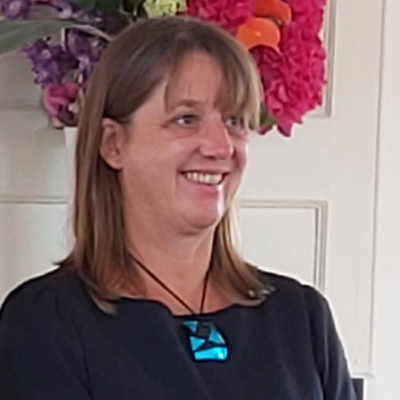
Dr Debbie Legge, Open University, UK
Debbie Legge studied environmental law as part of her law degree at the University of Sheffield. She set up and taught environmental law and animal law courses whilst at Liverpool John Moores University. She has written on both areas of law. She was a member of the consumer regulatory body for water and now is an associate lecturer at the Open University where she will soon be teaching a course on environmental law. She co-authored one of the earliest legal textbooks in Britain on animal law, the Law Relating to Animals (Brooman and Legge, Cavendish 1997).
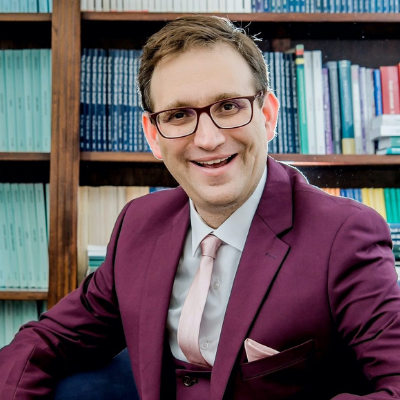
Pofessor David I. Bilchitz, University of Johannesburg, South Africa
David I. Bilchitz is a Professor of Fundamental Rights and Constitutional Law at the University of Johannesburg and Professor of Law at the University of Reading. He is also Director of the South African Institute for Advanced Constitutional, Public, Human Rights and International Law (SAIFAC), Vice-President of the International Association of Constitutional Law and a member of the Academy of Science of South Africa. Prof Bilchitz is a founding director of Animal Law Reform South Africa and has been involved both in his academic work and activism in seeking to improve the status, entitlements and plight of animals in post-apartheid South Africa
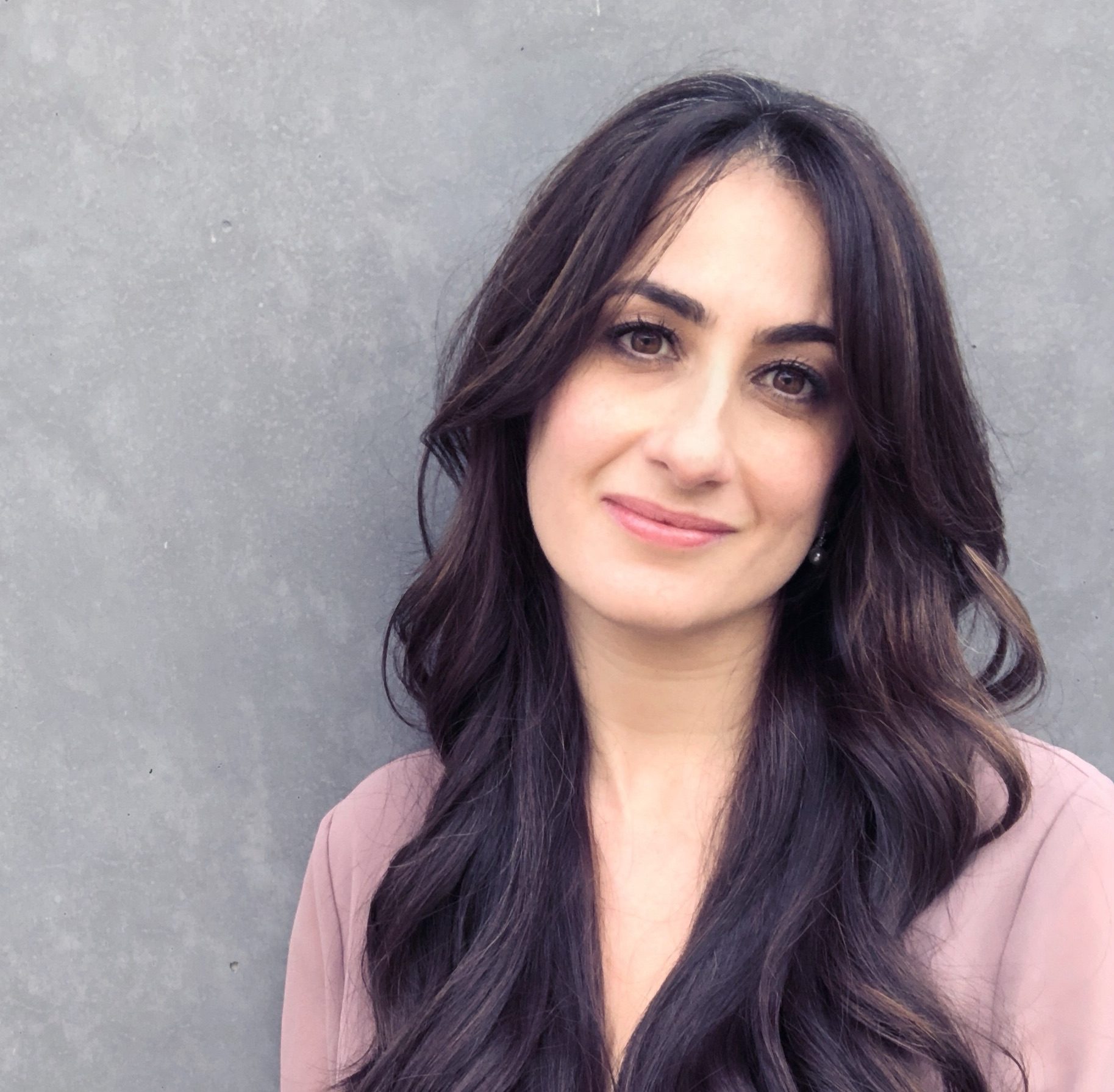
Sabrina Sehbai, Director of Join Hands
Sabrina Sehbai has been involved in animal welfare for over a decade. While her early work was mainly in rescue and shelter operations in North America, she was drawn to the plight of animal welfare in the developing world, particularly in Pakistan. Years of networking and research coupled with her background in education and business led her to identify gaps in how animal welfare was being addressed in multiple regions. Thus, she founded and is the Director of Join Hands where her work focuses on facilitating impactful, sustainable change towards the improvement of animal welfare, primarily though facilitating international partnerships and collaborations. Sabrina is a passionate social entrepreneur with a vision that all life – humans, animals and environment – is worthy of care and aims to address issues that not only improve animal welfare, but empower human communities and protect natural environments as well.

Peter Li, University of Houston-Downtown, China
Peter J. Li joined the University of Houston-Downtown in 2002 after receiving a doctoral degree in Comparative Politics from Northern Arizona University. Dr. Li specializes in Chinese Politics with an emphasis in China’s domestic politics, foreign relations and animal protection policy. His research covers primarily animal policy and law in China. Animal Welfare in China: Politics, Culture and Crisis (Sydney University Press, 2021) is Dr. Li’s latest publication on China’s animal welfare challenges, wildlife protection and policymaking, and other developments impacting nonhuman animals at a time of great social and economic transformation (https://sydneyuniversitypress.com.au/blogs/news/q-a-with-peter-li-author-of-animal-welfare-in-china). Dr.Li is also a consultant (China Policy Specialist) for Humane Society International (HSI).

James Yeates, World Federation for Animals
James Yeates is CEO of World Federation for Animals, a worldwide coalition of animal protection organisations set up to progress global intergovernmental policy. He was previously Chief Veterinary Officer and Director of Resources at RSPCA UK, and CEO of Cats Protection. He has degrees in veterinary science and ethics, a PhD and a MBA, has published four books and over 60 papers on veterinary science, animal welfare and ethics, and is a Fellow of the Royal College of Veterinary Surgeons.
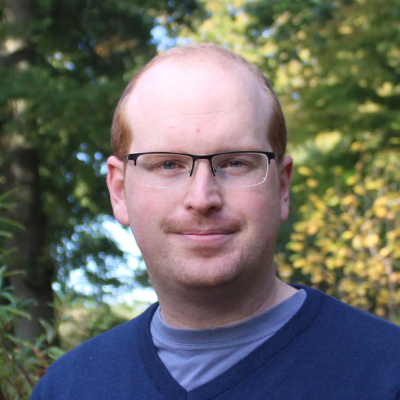
Dr Jonathan Birch, London School of Economics, UK
Jonathan Birch is an Associate Professor of Philosophy at the LSE and Principal Investigator (PI) on the Foundations of Animal Sentience project. In 2021, he led a “Review of the Evidence of Sentience in Cephalopod Molluscs and Decapod Crustaceans” that led to invertebrate animals including octopuses, crabs and lobsters being included in the UK government’s Sentience Bill. In addition to his interest in animal sentience, cognition and welfare, he also has a longstanding interest in the evolution of altruism and social behaviour. His first book, The Philosophy of Social Evolution, was published by Oxford University Press in 2017.
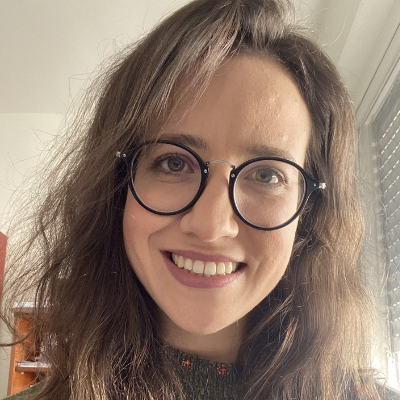
Vanessa Garbini Gischkow, attorney, Brazil
Vanessa Garbini is a Brazilian attorney in the fields of International Law, Human Rights, and Animal Law, and an LLM Candidate at Lewis & Clark’s Animal Law Program. She got her LLB cum laude in Law from the Federal University of Rio Grande do Sul, Brazil (2013), where she also specialized in Public and Private International Law (2017) and earned her Master’s Degree in International, European and Comparative Law (2019). She also holds a Diplôme d’Université in Comparative and European Law of Contracts and Consumer Law from the University of Savoie Mont Blanc, Chambéry, France (2011). In addition to pursuing her LLM, she has been dedicated to volunteering for animal rights NGOs, such as the Brazilian Vegetarian Society, where she has become a local coordinator.
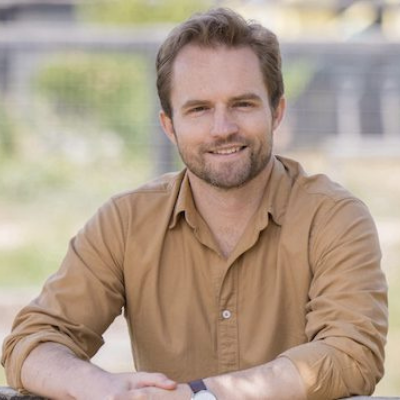
Dr Jed Goodfellow, Alliance for Animals, Australia
Jed Goodfellow BA/LLB (Hons), GDLP, PhD leads the Alliance’s law and policy reform agenda and government relations work. He has over 20 years experience in animal welfare law, policy, and advocacy, having previously worked in senior policy, prosecutorial, and enforcement roles with the RSPCA across Australia. Jed has represented animals in courtrooms, parliamentary inquiries, standard setting forums, and regularly in the media. He played an integral role in the campaigns to end live exports and the use of battery cages. Jed developed Macquarie University’s Animal Law unit in 2012 and has taught the course annually for the past 10 years. In 2015, Jed was awarded a PhD in animal welfare regulation. His research examined the role of departments of agriculture in regulating animal welfare and provided an empirical and analytical basis for law reform proposals to establish new animal welfare governance models in Australia. Jed lives in Sydney on Gadigal country and can be found stand-up paddle boarding in the Harbour most evenings.
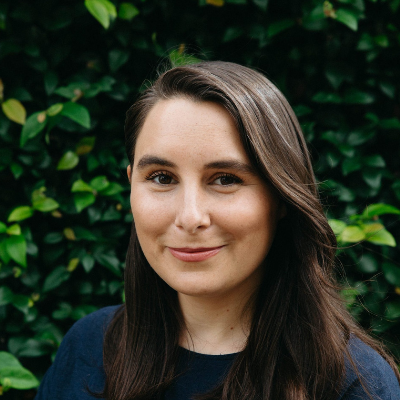
Dr Meg Good, Alliance for Animals, Australia
Meg Good BA/LLB (Hons I), GDLP, PhD manages the Alliance’s programs and communications and provides in-house legal analysis and advice. She previously worked at national animal protection charity Voiceless, the animal protection institute for over five years, most recently in the role of Senior Program Manager and Legal Counsel. Prior to her time at Voiceless, Meg was a sessional academic at the University of Tasmania (UTAS). An experienced tertiary educator, she coordinates the UTAS Animal Law course in her capacity as an Adjunct Lecturer and recently assisted with the delivery of the Macquarie University Animal Law elective. Meg has held senior positions with various animal law organisations, including the Barristers Animal Welfare Panel, the Animal Law Institute and the Australian Animal Protection Law Journal, and is currently the Secretary of the Australasian Animal Law Teachers’ and Researchers’ Association. In 2016, she was awarded the inaugural RSPCA Australia Sybil Emslie Animal Law Scholarship.
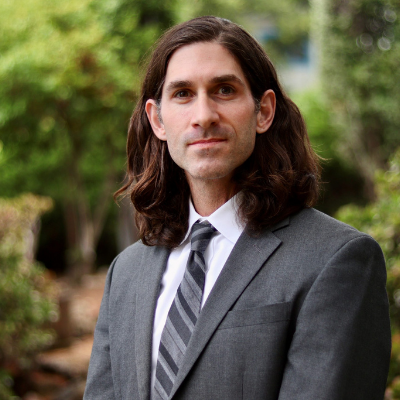
Associate Professor Matthew Liebman, University of San Francisco, USA
Matthew Liebman is the Chair of the Justice for Animals Program and an Associate Professor at the University of San Francisco School of Law in San Francisco, California, where he teaches courses on animal law and professional responsibility. His scholarship examines the animal protection movement’s relationship to the legal system, as well as substantive and doctrinal questions in animal law. Before joining USF, Professor Liebman was the Director of Litigation for the Animal Legal Defense Fund, where he litigated animal protection cases.
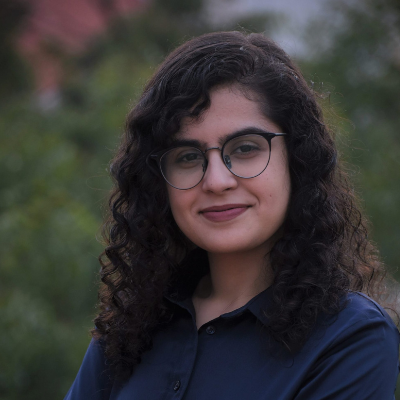
Sonia Shad, Animal Law Centre, NALSAR, India
Sonia J.M. Shad is an animal protection lawyer. She has a BA.LLB (Hons.) from the National Law School of India University, Bangalore. She is the founder of the Society for Non-Human Persons, NLSIU first student run animal protection group at a Law School in India. She has worked at Mercy For Animals, the Humane Society International/India and as the Manager of the Animal Law Centre, NALSAR
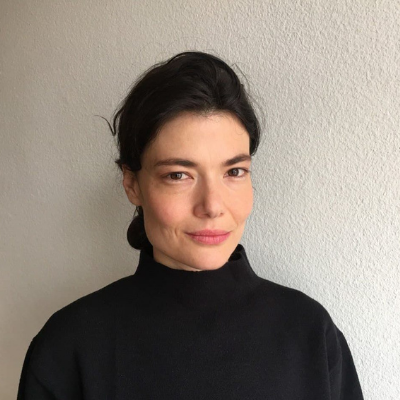
Katerina Stoykova, Tier im Recht, Switzerland
Katerina Stoykova studied law at the University of Zurich and works for Tier im Recht (Foundation for the Animal in the Law; TIR) in Zurich. She is a board member and on the committee for the popular initiative against factory farming in Switzerland. Katerina also works as a musician.

Dr Angus Nurse, Nottingham Trent University, UK
Angus Nurse is Head of Criminology and Criminal Justice at Nottingham Trent University. His main research interests are in wildlife and environmental crime and the effectiveness of laws protecting animals and wildlife. His work in this area also includes examining the links between animal abuse and interpersonal violence, the use of justice systems to achieve better protection for animals and pursue animal rights (broadly defined) and the better integration of animal crime within mainstream criminal justice.

David Thomas, Lawyer, Advocates for Animals, UK
David Thomas is a consultant solicitor for Advocates for Animals and a part-time judge. He has acted for many of the major animal protection organisations in the UK (and beyond) and is highly experienced in EU and international animal law, including trade law. He is a fellow of the Oxford Centre for Animal Ethics. He has written extensively about animal protection law and ethics and taken part in numerous presentations, debates and media appearances.
Dr Lori Marino, Neuroscientist & expert in animal behaviour
Lori Marino is a neuroscientist and expert in animal behavior, intelligence, and self-awareness who was on the faculty of Emory University for twenty years. She is the founder and President of the Whale Sanctuary Project and Executive Director of The Kimmela Center for Scholarship-based Animal Advocacy. Lori’s scientific work focuses on the evolution of the brain and intelligence in dolphins and whales (as well as primates and farmed animals), and on the effects of captivity on wildlife. She has published over 140 peer-reviewed scientific papers, book chapters, and magazine articles. In 2001 she co-authored a groundbreaking study demonstrating the first conclusive evidence for mirror self-recognition in dolphins.
Lori also works at the intersection of science and animal law and policy, having been an expert witness and advisor for several legal efforts for animal rights and protection, including the Nonhuman Rights Project and the Canadian Senate Bill S203, a bill that passed in 2019 banning the keeping and breeding of dolphins and whales for entertainment in Canada. Lori has appeared in several films and television programs, including the 2013 documentary Blackfish, about orca captivity, Long Gone Wild, the 2019 documentary on marine mammal captivity, and the 2021 film Seaspiracy

Paula Sparks, UK Centre for Animal Law
Paula Sparks is chair of the UK Centre for Animal Law and a Visiting Professor in animal welfare law at the University of Winchester, UK.
Marcia Condoy Truyenque, Lawyer
Marcia Condoy Truyenque is an Animal Law LLM after receiving a full scholarship from Lewis & Clark Law School. She is a Peruvian lawyer with work experience in Labor Law and Constitutional Law, and investigative experience in International Law, International Human Rights Law, and Animal Law. Currently, she directs the Animal Law area of Preston+ Law Firm, the first law firm in Peru with a specialized area in this matter. Also, she is part of the working group of the Convention on Animal Protection (CAP), and Junior Fellow at Global Research Network Animals & Biodiversity Think Tank. She has been a correspondent in Peru for the AFADA Argentina Organization until February 2022. Her research focuses on animal dignity, the relationship between human rights and animal rights, and labor rights for animals.
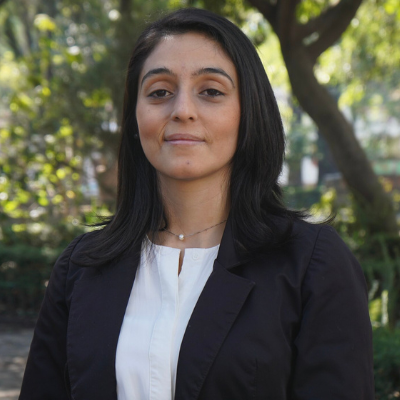
Catalina Lopez-Salar, Aquatic Animal Alliance
Catalina Lopez is the Director of the Aquatic Animal Alliance, the coalition of organizations that are working around the globe to reduce the suffering of aquatic animals. Catalina is a Veterinarian from Colombia, and she currently resides in Mexico City.
She has worked in the farmed animal protection movement for over four years, previously leading the Corporate Engagement team at Mercy For Animals Latin America on their work in cage-free campaigns. Over 100 companies committed to going cage-free in Mexico during that time.
Dr Simon Brooman, Liverpool John Moores University
Dr Simon Brooman is a Senior Lecturer in Law. He has a long-standing commitment to Animal Ethics and has been teaching one of the first Animal Law courses in the world since 1994. His research interests lie in the areas of Animal Law, leadership of curriculum design in higher education and co-collaborating with the student voice in enhancement projects.

Gladys Kamasanyu, Chief Magistrate with the Uganda Judiciary
Gladys is a Chief Magistrate with the Uganda Judiciary. She is currently the head of Africa’s first and only specialized wildlife court – the Uganda Wildlife. In 2016, Gladys along with two other judicial officers were tasked with establishing the Court on the ground. In 2017, the Uganda Wildlife Court was officially launched and is running.
She is also the founder of Help African Animals https://helpafricananimals.org/, a 501(c)(3) tax exempt organization registered in the United States of America and Uganda. The organization is operating in Uganda.
Gladys is a holder of the world’s only advanced degree in Animal Law – LLM in Animal Law from Lewis & Clark Law School in Portland – Oregon (USA). She is also a holder of a Master of Laws degree and a Bachelor of Laws degree from Makerere University, Uganda. Gladys also holds a host of Post Graduate Diplomas.
Georgina Groves, Founder, Wild Welfare
Georgina is a co-founder and previous executive director of Wild Welfare an international NGO focused on the improvement of captive wild animal welfare. She has a career spanning over 19 years working on animal welfare campaigns for UK and international organisations and currently acts as a consultant on several captive animal welfare initiatives. She is also acting Senior Animal Welfare Advisor for The Brooke. As an experienced, strategic project director in national and international animal welfare practice, she has developed and run international workshops in animal welfare and ethical practice for zoos, sanctuaries, NGOs and governments. She is a member of the Zoological Society of London’s animal welfare committee, a Species Survival Network (SSN) Animals in Captivity Working Group member and is in the One Welfare ICFAW and GASL/AWAN Working Groups for equine welfare. She is particularly passionate about establishing sustained change for the less charismatic species through a combination of national policies and grassroot action.
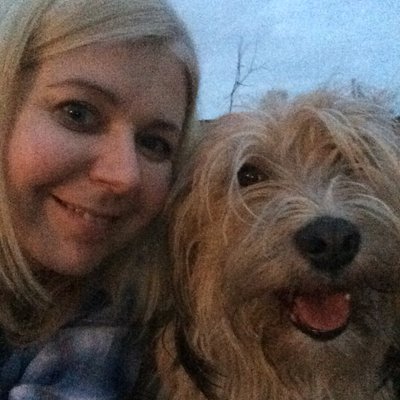
Professor Johanna Gibson, School of Law, Queen Mary, University of London
Johanna Gibson is Herchel Smith Professor of Intellectual Property Law in the School of Law, Queen Mary, University of London, where she teaches and researches in intellectual property, animals and the law, and legal theory and philosophy. Johanna’s most recent book is Owned, An Ethological Jurisprudence of Property (2020), in which she develops a theory of ethological jurisprudence in relation to property and intellectual property, drawing upon domestication science and cognitive ethology, in order to provide a radical revision to the anthropocentrism of property law and theory. Owned is the first of a trilogy on her theory of ethological jurisprudence, an original approach through communication, cooperation and sociability in proeprty and intellectual property. The second instalment, Wanted, More Than Human Intellectual Property, applies this theory to authorship and innovation. The third, Made, the Nature of Intellectual Property, undertakes an ethological jurisprudence of the intellectual property objects themselves (both of which will be published in 2022). Johanna holds postgraduate degrees in law, animal sciences (behaviour and ethology), and arts.
Jim Karani, Attorney & Ph.D. Student in Criminal Justice
Jim Karani is a founder and Director of Lawyers for Animal Protection in Africa, a nonprofit organization advocating for the welfare of non – human animals, protection of wildlife habitats, and countering environmental crime. He is an environmental lawyer engaged in public interest litigation against concentrated animal farm operations (CAFOs) & wildlife habitat destruction in Africa; has experience in building the technical capacity of rangers and the trial advocacy capacity of prosecutors to strengthen their response to organized wildlife crime; develops reference materials and guidebooks for law enforcement officers; and consults for various government agencies in drafting of sound environment and agriculture policy.
He is currently consulting for various nonprofit organizations to review wildlife trade policies in South America, Asia, and Africa and is working with local communities and international donors to apply impact investing to unlock wildlife and environment protection benefits in Kenya. He is also pursuing a PhD in Criminal Justice at the John Jay College of Criminal Justice at CUNY with research interests in organized wildlife crime and environmental criminology.
Dr Steven McCulloch
Dr Steven McCulloch is Senior Lecturer in Human-Animal Studies at the Centre for Animal Welfare, University of Winchester, UK. Steven qualified as a veterinary surgeon from Bristol University and holds a BA Philosophy from Birbeck College, London University. He has a PhD from the Royal Veterinary College, University of London, for his thesis ‘The British animal health and welfare policy process: accounting for the interests of sentient species’. He is a diplomat of European College of Animal Welfare and Behavioural Medicine and a recognised veterinary specialist in Animal Welfare Science, Ethics and Law. Steven’s academic research focuses on the legal and political representation of sentient beings and animal health and welfare policy.
Dr Rebeca García Pinillos
Rebeca García Pinillos graduated as a veterinarian from the University of Zaragoza, Spain and completed a PhD at the University of Reading, England. Rebeca is a graduate of the European College of Animal Welfare and Behavioral Medicine and a certified specialist by the Royal College of Veterinary Surgeons (RCVS) in animal welfare, ethics and law. She has worked in general medicine and as a government veterinarian since 2001. Rebeca has also volunteered with exotic animals and is an internationally recognized lecturer and professor in the field of animal welfare, educating and giving lectures worldwide. Rebeca is the past president of the Government Veterinary Association in England and founder of the non-profit social enterprise One Welfare Community Interest Company, which started as a voluntary project, launching a global consultation to define the concept of One Welfare, as a complement to One Health, and create the One Welfare framework. Rebeca has created social media platforms and established a One Welfare concept web presence to help establish, educate and disseminate the One Welfare concept. Initiatives launched to date in support of these goals are the publication of the One Welfare Framework book and the One Welfare World, One Welfare Phoenix, One Welfare Silkworm and One Welfare Learning projects as well as the “One Welfare Science slaM (OWSM) sessions” launched as part of the One Welfare World conference 2021.
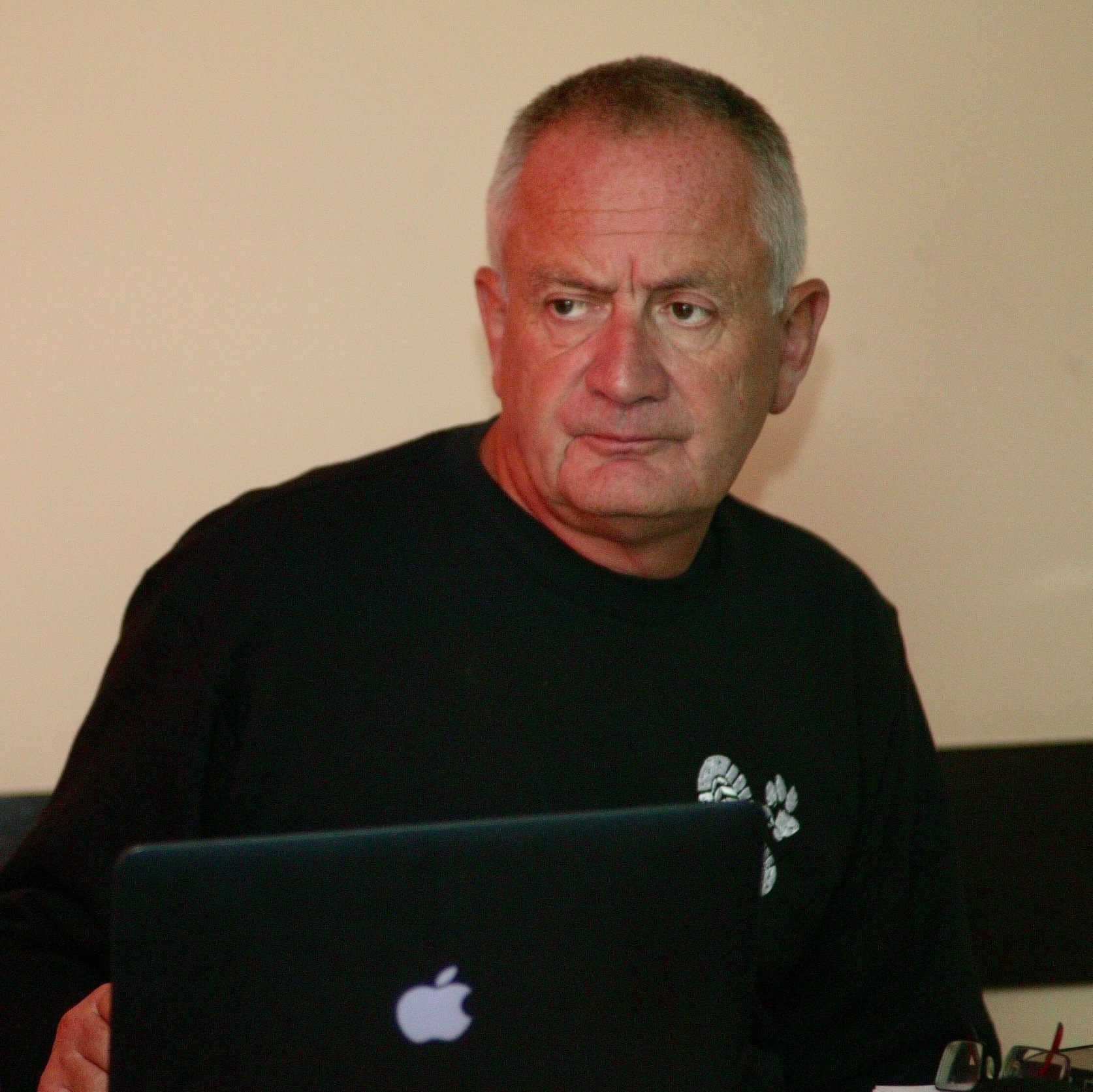
Mark Randell, Founder of 'Hidden in Sight' and Campaign Manager, Naturewatch Foundation
Mark is a retired senior police detective from the UK who, for the last 11 years, has concentrated on tackling animal abuse and exploitation internationally through undercover operations and via education. He is currently the Ukraine Campaign Manager for Naturewatch Foundation and operates as ‘Hidden-in-Sight’ – a reference to both his covert investigations and connection between animal abuse and human violence.

